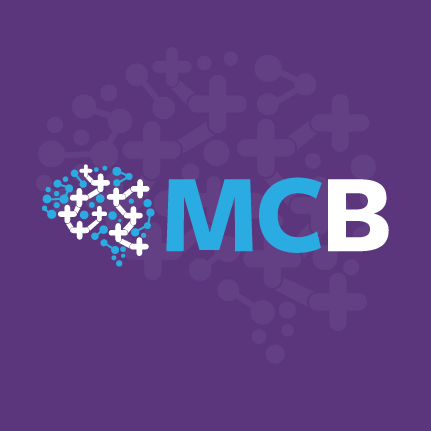The app, developed in partnership with Datacubed Health, focuses on assessing cognitive abilities such as executive function, planning, prioritizing, managing distractions, and impulse control. Researchers monitored 360 participants with an average age of 54, and found that the app’s tests were as effective as traditional neuropsychological evaluations commonly used in clinics.
With more than two dozen clinical trials in progress to further test the app’s efficacy in diagnosing FTD, experts believe that it could eventually streamline the monitoring of treatment effects and reduce the need for frequent in-person visits to clinical trial sites. Adam Staffaroni, a clinical neuropsychologist and associate professor at UCSF, emphasized the potential of smartphone assessments in facilitating early diagnosis and monitoring of FTD symptoms, which can often be misdiagnosed as psychiatric disorders due to the disease’s typical presentation in later stages.
The study’s findings have paved the way for the development of new tests that may aid researchers in diagnosing and tracking FTD symptoms earlier in the disease progression. Dr. Adam Boxer, an endowed professor in memory and aging at UCSF, highlighted the importance of such tools in addressing the current lack of sensitive outcome measures for early-stage FTD. With the hope that smartphone assessments will enable more trials of promising therapies, the research team remains optimistic about the potential impact of technology on dementia care.






